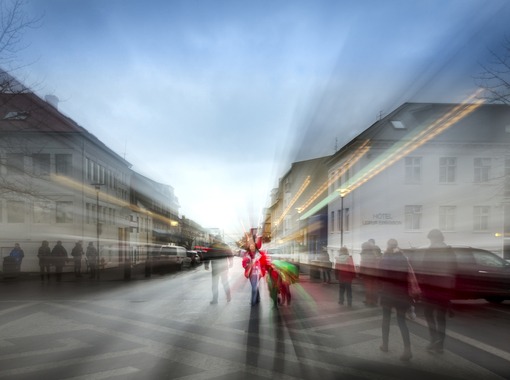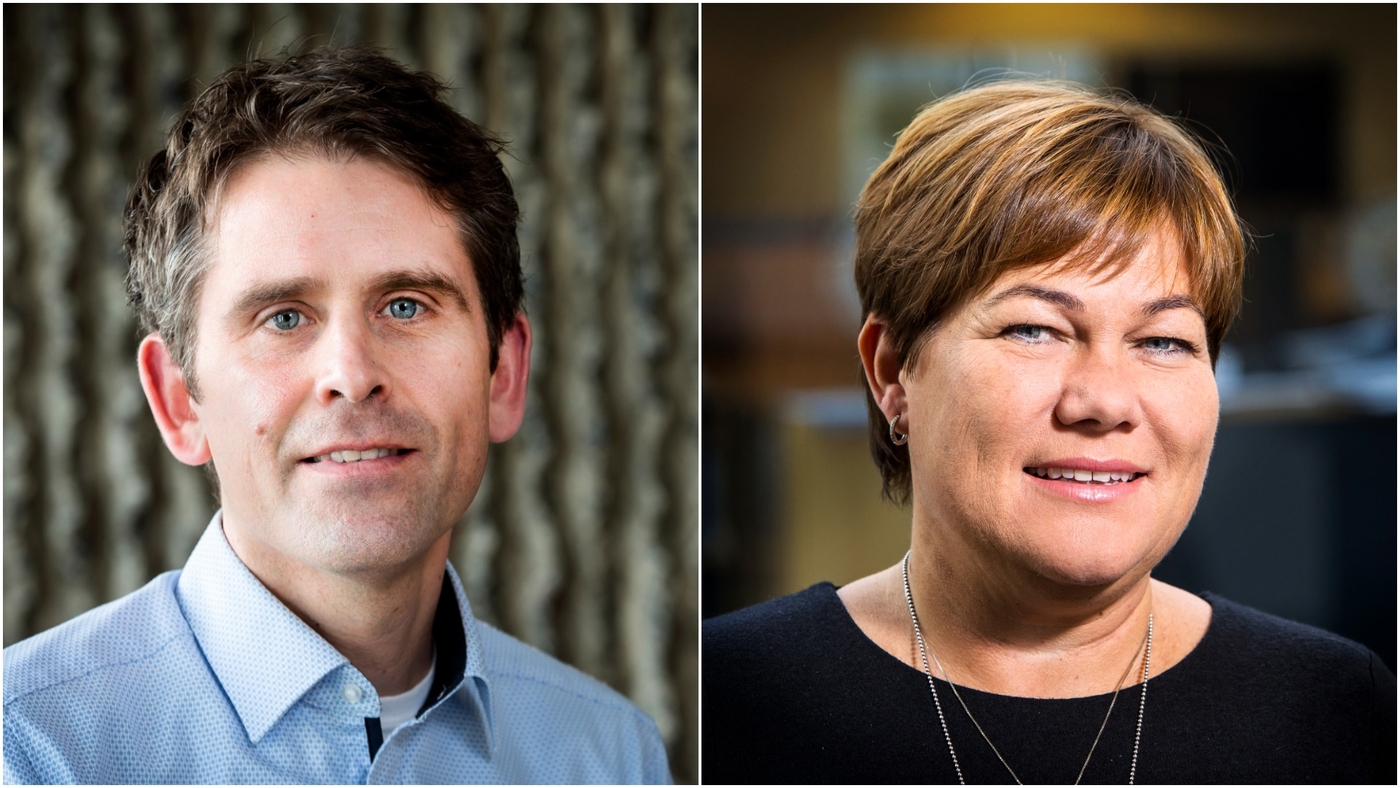The University of Iceland's Institute of International Affairs was recently awarded a grant for three million Euro (almost 420 million ISK) from the EU’s Horizon Europe programme for its research project Reclaiming Liberal Democracy in Europe in the Postfactual Age (RECLAIM). This is a three-year grant, and the aim of the project is to study the implications of post-truth politics on democracy in Europe. The Institute of International Affairs hosts the project, and it is led by Maximilian Conrad, professor at the University of Iceland's Faculty of Political Science.
"I think that the phenomenon of disinformation, and by extension the rise of post-truth politics, is one of the biggest challenges currently facing liberal democracy. We need to find effective ways to tackle this challenge. In recent years, we have been observing a broad range of elements that contribute to the broader phenomenon of post-truth politics. The rise of populism, characterized to a large extent by a post-truth style of communication; the parallel rise of digital and social media, and the decline of the institution of journalism are examples of this. Simultaneously we have seen disinformation campaigns orchestrated by external actors," says Maximilian and refers to the “Russian meddling” in the US presidential elections 2016 and the Brexit referendum.
How do we prepare citizens for their role in democracy in a manipulative information environment?
The RECLAIM project aims to put forward new definitions, methods and toolkits as to how to analyse and respond to various expressions of information disorder on today's democracy. The aim of the project is to analyse disinformation in Europe and use the results to advise on policy making, education and actions to react to the negative effect of disinformation on democratic discourse and the basic structure of modern liberal democracy.
"We also look at the role of distrust in mainstream journalism and how it can be overcome; the role of technology; the external dimension of disinformation - like foreign powers spreading disinformation via social media, as I mentioned above. We also look at how this “information disorder” is addressed in citizenship education and participation in society. For me, this may be the most important part: How do we prepare citizens for their role in democracy in a changing and increasingly manipulative information environment? What do we need to do better?", asks Maximilian.
A great recognition for the Institute of International Affairs
The project brings together a highly diverse group of scholars, not only in terms of the disciplines represented, but also in terms of their nationalities, "but because of the project’s structure, the different parts of the project will nonetheless create one coherent whole."
Thirteen universities and institutes take part in the project in addition to the University of Iceland: Goldsmiths College in the UK; the University in Ljubljana; UAM University in Madrid; Jagiellonian University in Krakow; the University of Victoria in Cananda; Scuola Normale Superiore in Florence; New Bulgarian University in Sofia; The Institute of International Affairs in Zagreb; the ARENA Centre for European Studies at the University of Oslo; the Trans European Policy Studies Association (TEPSA) in Brussels; the Institute of International Affairs in Prague; the Institute of International Affairs in Rome, and the Liechtenstein Institute in Bendern.
"This is in fact an example of the importance of collaboration between academics and the University research institutes and clearly shows what such collaboration can accomplish. It is a great asset for academics at the University to be able to draw on the experience and knowledge we have built up over the years at the Institute of International Affairs in developing international research projects, writing applications to international research funds, and strengthening networks in international affairs," says Pia Hansson, Director of the Institute of International Affairs (IIA).
She says that the Horizon Europe grant is an important recognition for the ongoing work at the Institute of International Affairs, established in 1990, specialising in research on international affairs and Iceland's status globally. Three research centres are under the auspices of the Institute of International Affairs: the Centre for Small State Studies; the Centre for Arctic Studies, and Höfði Reykjavík Peace Centre at the University of Iceland. "The grant draws on a previous project at the Höfði Reykjavík Peace Centre at the University of Iceland, funded by the European Union’s Jean Monnet Networks, which focuses on post-truth politics and its impact on European integration. The project is ongoing and scheduled to conclude in June 2023," adds Pia.
"We want to come up with a clear vision of what liberal democracies need to do to prepare their citizens adequately for their active role as citizens in democratic states. We will create significant insights into understanding the preconditions and expressions of post-truth politics, but the societal impact will be dependent on the policy recommendations that are formulated in the last phase of the project," says Maximilian.

Suggesting ways to solve the problem
Asked about the societal impact of this project, Maximilian stresses that it will go beyond merely describing and understanding the phenomenon as it presents itself. With in-depth analysis the findings will yield concrete policy recommendations to governments in Europe. "We want to come up with a clear vision of what liberal democracies need to do to prepare their citizens adequately for their active role as citizens in democratic states. We will create significant insights into understanding the preconditions and expressions of post-truth politics, but the societal impact will be dependent on the policy recommendations that are formulated in the last phase of the project," says Maximilian.
Further on the Institute of International Affairs and its projects
The Institute of International Affairs has received numerous grants over the years, such as grants from Erasmus+, the EU's programme to support education, and a Nordplus Higher Education grant for InPeace project at the Höfði Reykjavík Peace Centre in 2019 for developing new teaching material and courses in peace and conflict studies. In 2013, the Centre was awarded a Centre of Excellence grant from the European Union and has since operated as a Jean Monnet Centre of Excellence. It was also awarded Erasmus+ grants in 2014, 2016, 2018 and 2020 for projects related to the status of small states in Europe. The Centre also received a Jean Monnet Networks grant in 2017 for the research project Navigating the Storm: The Challenges of Small States in Europe. The Centre for Small State Studies has organised an annual summer school since 2003 and has received an award of excellence from Erasmus+ for that project.




